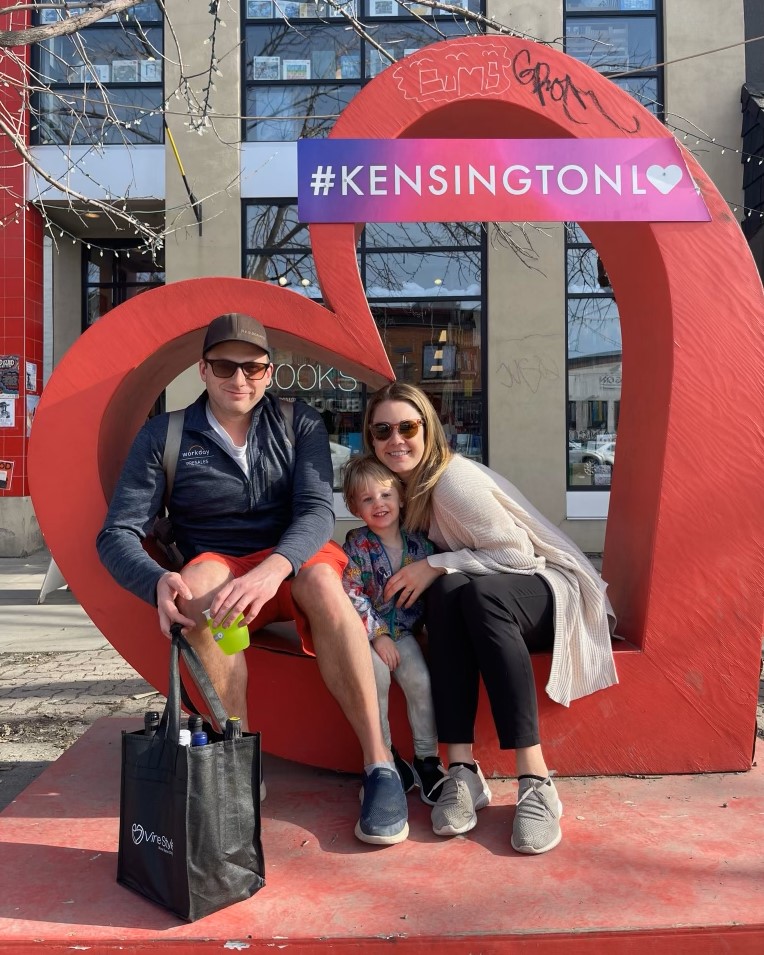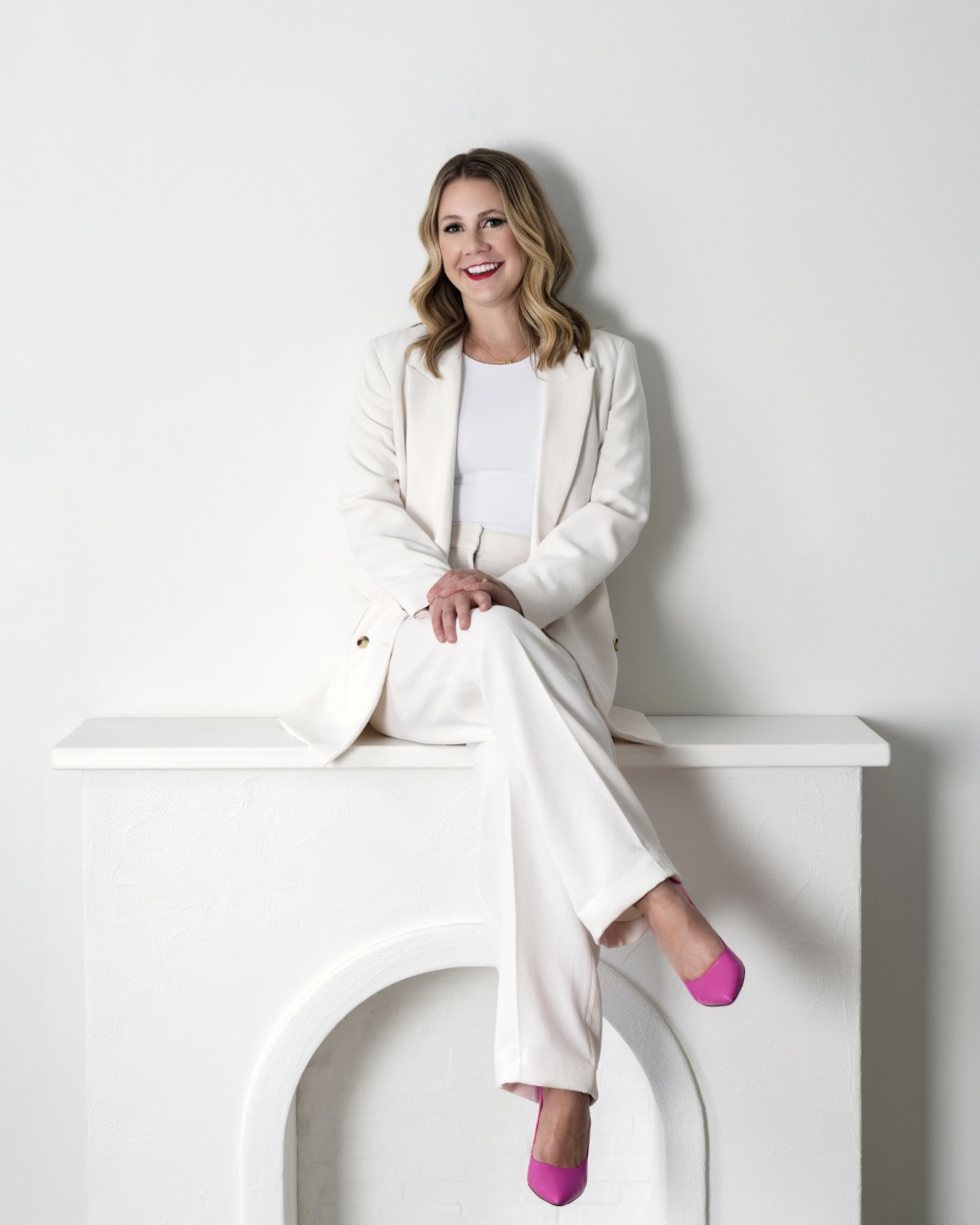Changing the narrative, one chapter at a time
Public speaker, financial consultant — and now an author — Alberta School of Business alumna Janine Rogan, '14 BCom, is dedicated to shining light on obstacles women face when it comes to managing their wealth.
In her new book, The Pink Tax: Dismantling a Financial System Designed to Keep Women Broke, Rogan educates readers on what causes financial disparities between men and women and how these gaps can be addressed — one chapter at a time.
Read on to learn about her book, gain insight into the Pink Tax and hear how a business degree prepared Rogan for her journey as a writer.
First of all, can you briefly explain the term Pink Tax?
Women's products (also known as pink-branded) often cost more than their men's equivalents, and Pink Tax was a term originally coined to describe this difference. But it's much broader than that — it's the cost we pay as women for living in a society that wasn't built for us. It's everywhere, from our credit scores to our investments to our lack of promotions, and we can't do better without first fully understanding these things and how they exist.
 What inspired you to write The Pink Tax and shed light on the financial disparities faced by women?
What inspired you to write The Pink Tax and shed light on the financial disparities faced by women?
For a long time, women have been told that the reason they don't have wealth is because they spend too much on lattes, shoes and avocado toast — and I was really becoming weary of that narrative. It's untrue. I knew women were impacted differently than men when it came to building their wealth, and I knew I needed to shine a light on that.
What are some common misconceptions or misunderstandings about the Pink Tax that you aim to address through your book?
The first one is that women are bad with money — this is false! Women are actually better than men when it comes to investing, but because we've been left out of the conversation for so long, we've been conditioned to believe that we aren't good with our money.
Another misunderstanding that I dive into is how much money one actually needs to start investing. There's this misconception that you need hundreds of thousands of dollars to get started investing when in reality one only needs as little as $25. The earlier you get started, the more time is on your side and the faster you'll be able to build wealth.
Lastly, I talk about wage and wealth gaps often in the book. A lot of people don't know if this concept is actually true, and I really dig into just how multifaceted these issues are and what we need to do from a societal standpoint to make the world more fair and more financially equal for women.
Your book offers strategies and solutions to dismantle the "Pink Tax." Could you discuss a few key recommendations? Without giving the whole book away, of course!
The number one thing I always talk about is negotiating. It's really important for women to negotiate at all stages of their life, not just when it comes to their salary but everything in between. Another area that is really important is investing. Women typically shy away from investing and keep their money in cash, but that hurts their ability to build wealth and close the gender wealth gap. Investing is quite honestly the most important thing you can do because that is what's going to get you financial freedom. Lastly — and this one is really important to me — is looking at who we elect and what policies elected officials are actually implementing to build an economy that is supportive of all people, not just a certain demographic.
 How did your business degree help you prepare for your journey as a writer?
How did your business degree help you prepare for your journey as a writer?
My business degree taught me how to write very concisely, and I think from a project management standpoint, my business degree also helped me when it came to planning out and tackling the book. I think it can be really overwhelming for some writers, but I felt like the training I got in business school allowed me to really break the project down into manageable bite-sized chunks.
I am also aware of the importance of research for credibility. My book has over 200 citations in it, and it was really important to me that my arguments were soundproof (so that when someone inevitably questions this domain in which I am an expert, I'd be able to back it up with statistics).
Lastly, what advice do you have for others?
Be open to opportunities and try new things because you never know when you might find something that is a new passion for you! I started university studying engineering because I was good at math, and that obviously didn't work out. I ended up meandering through a few different faculties to find that the Alberta School of Business was my home. I also never thought I was a good writer per se, but once I leaned into writing, I was able to write a book!
Subscribe to UAlberta Business
Become part of our community. Get the latest news and event information from the Alberta School of Business in your inbox every month.